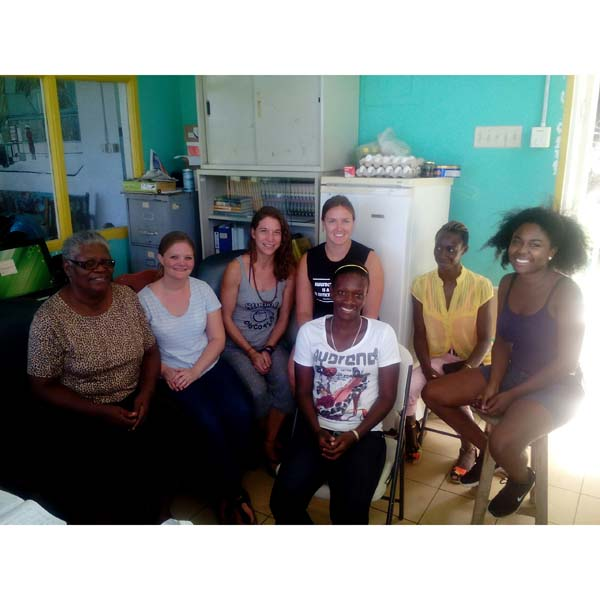
by Talpha Everette
November 11, 2015
The Residents
Here in Jamaica, I am working at a homeless shelter. At the shelter, the resident cases and life stories vary. Some residents have walked across the island to get here while other were born and raised not 20 miles from it. Others were deported from the States, and some are mentally ill. Most are unemployed which is one of the major causes of homelessness in Jamaica. The shelter is the only shelter on the East side of Jamaica so it covers a large area. To these people who no longer have a home or family, the shelter serves as just that.
The Shelter
The shelter houses up to 15 males and 15 females. We provide the residents 3 meals a day, clothes, night shelter and medical services by connecting with workers in the community who volunteer their time and services. These options excluding night shelter are also available for drop-in homeless persons who choose not to stay overnight. The shelter assists our residents who are able to work on obtaining jobs and provides them with skill-building activities, such as sewing.
Our Impact
The residents utilize and enhance their (either previously or newly developed) skills at the shelter and use them to create products such as jewelry, organic honey, or carvings to sell at the local craft market. This process helps to build confidence and feelings of purpose in our residents with an ultimate goal of their transition back into society.
The Learning Curve
Working at the shelter is a once in a lifetime learning experience. Being in a volunteer position, I interact with the residents on a daily basis. We create crafts, resumes, work on the garden, paint–all sorts of activities. But on the other side, in administration, each day there is a new issue with maintaining the shelter, wondering where the residents’ next meal will come from, or how we are going to house the growing population of men. These experiences make me grateful for all that I have on a daily basis, and they encourage humility and understanding when working with residents who have special needs or may be experiencing mental illness. After all, the residents strive to keep their spirits high and are hopeful that one day things will change for them.
Through this experience, I’ve learned that it is important to remember that there is someone always less fortunate, and it’s important to always lend a helping hand to those in need because anyone at anytime can fall into the same situation.
